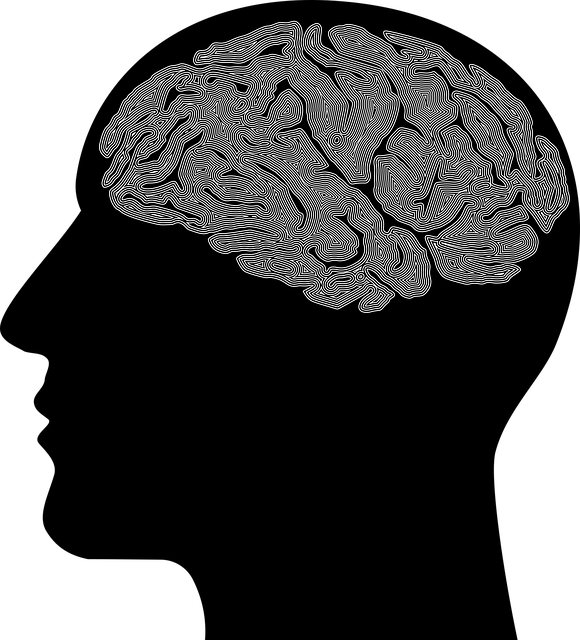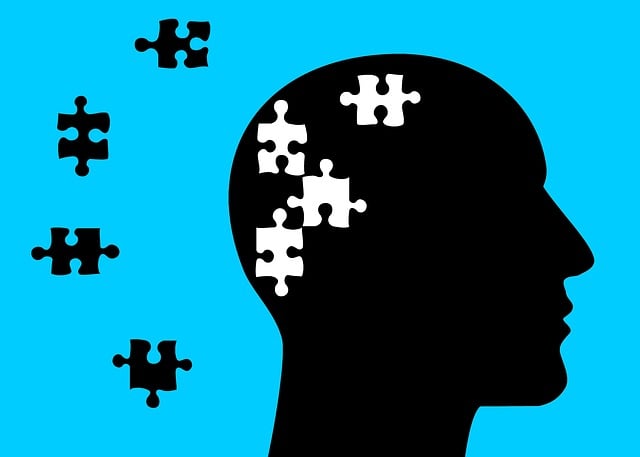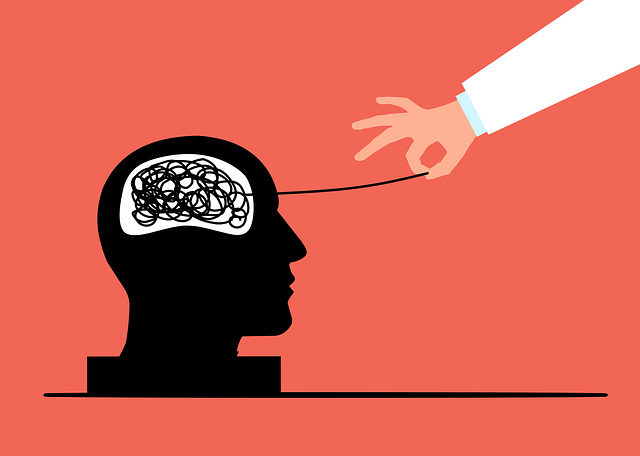Boulder therapy for therapists-clinicians offers a comprehensive, holistic approach to mental health care, utilizing evidence-based assessment tools and open communication during initial consultations. This process includes structured interviews, questionnaires, and psychometric tests tailored to specific disorders. Boulder's diverse range of specialized treatment options, such as CBT, mindfulness practices, and art therapy, ensures personalized care for each client. Building strong therapeutic alliances through cultural competency training and active listening empowers individuals to navigate their mental health journeys with confidence. Effective communication strategies, crisis intervention guidance, and stress reduction methods enhance the effectiveness of Boulder therapy for therapists-clinicians.
“Mental illness diagnosis and treatment navigation can be complex, but support is available for therapists and clinicians. This comprehensive guide delves into the intricacies of mental health assessments, offering insights into ‘Understanding Mental Illness Diagnosis’. We explore the benefits of Boulder Therapy as a supportive care approach.
‘Navigating Treatment Options’ provides a strategic framework for professionals, while ‘Building Relationships’ and ‘Communication Strategies’ highlight the importance of collaboration in client healing. Discover practical tools for effective mental health support, catering particularly to Boulder Therapy for therapists and clinicians.”
- Understanding Mental Illness Diagnosis: Unveiling the Process
- The Role of Boulder Therapy in Supportive Care
- Navigating Treatment Options: A Comprehensive Guide for Clinicians
- Building a Collaborative Relationship with Clients
- Effective Communication Strategies for Enhanced Healing
Understanding Mental Illness Diagnosis: Unveiling the Process

Mental illness diagnosis involves a comprehensive process that requires skilled professionals and a deep understanding of various disorders. Therapists and clinicians in Boulder play a pivotal role in this journey, offering expert guidance and support to individuals seeking help. The initial step often entails thorough assessments where qualified practitioners employ evidence-based tools to evaluate symptoms, personal history, and overall mental health. This may include structured interviews, questionnaires, and psychometric tests tailored to specific disorders.
The process is collaborative, encouraging open communication between therapist and client. By fostering empathy and building trust, therapists create a safe space for individuals to share their experiences. Public awareness campaigns and education initiatives on emotional well-being promotion techniques can further support this journey by enhancing understanding and reducing stigma. These strategies contribute to an environment where individuals feel empowered to seek diagnosis and begin their path towards effective treatment, be it through therapy, medication, or a combination of both.
The Role of Boulder Therapy in Supportive Care

Boulder Therapy serves as a powerful tool for therapists and clinicians in providing supportive care to individuals dealing with mental health challenges. Beyond traditional talk therapy, this therapeutic approach offers a holistic method that addresses the intricate interplay between physical, emotional, and psychological aspects of well-being. By integrating various techniques, Boulder Therapy facilitates stress management, which is a crucial component in the comprehensive treatment of many mental illnesses.
The practice encourages therapists to foster empathy within their interactions with clients. Through effective communication and a deep understanding of the client’s experience, therapists can create a safe space that promotes open dialogue. This, in turn, enhances the therapeutic process by building stronger connections, which is essential for navigating the complex journey towards mental health recovery. Public awareness campaigns development and empathy-building strategies are further supported by Boulder Therapy, contributing to a more inclusive and supportive care environment.
Navigating Treatment Options: A Comprehensive Guide for Clinicians

Navigating Treatment options for mental illness can be a complex task, particularly for clinicians who want to provide the best care possible. In Boulder, therapy has evolved to offer a wide array of specialized services catering to diverse patient needs. From cognitive behavioral therapy (CBT) and mindfulness-based practices to more innovative approaches like art therapy and animal-assisted interventions, therapists have an extensive toolkit at their disposal. Clinicians play a pivotal role in guiding patients towards the most suitable treatment modalities based on individual symptoms, preferences, and cultural backgrounds.
A comprehensive guide for clinicians should delve into strategies for evaluating patient readiness for various therapies, understanding insurance coverage and community resources, and fostering resilience-building techniques alongside traditional mood management approaches. By staying abreast of mental health policy analysis and advocacy efforts, healthcare professionals can also ensure that patients access evidence-based treatments within a supportive ecosystem. This holistic navigation assistance empowers therapists to offer personalized care, ultimately enhancing patient outcomes and satisfaction.
Building a Collaborative Relationship with Clients

Building a collaborative relationship with clients is a cornerstone of effective mental health treatment. Therapists and clinicians in Boulder, CO, play a vital role in fostering an environment where individuals feel safe to explore their struggles openly. By embracing the Mind Over Matter principles, healthcare providers can cultivate empathy and cultural competency training, ensuring they understand their client’s unique backgrounds and experiences. This approach allows for tailored support, empowering clients to navigate their mental health journeys with confidence.
A strong therapeutic alliance is built on active listening, genuine care, and mutual respect. Therapists should employ empathy-building strategies to connect with clients on a deeper level, validating their feelings while offering professional guidance. This collaborative process empowers individuals to take charge of their mental well-being, making treatment not just effective but also meaningful and transformative.
Effective Communication Strategies for Enhanced Healing

Effective communication is a cornerstone of successful therapy, especially in Boulder therapy settings where therapists and clinicians work with clients facing diverse mental health challenges. Therapists who employ active listening, open-ended questions, and empathetic responses create a safe and non-judgmental space for clients to express their feelings and fears. This facilitates deeper exploration of issues, enhances trust, and encourages vulnerability – all vital components of the healing process.
Integrating crisis intervention guidance within these communication strategies is crucial. Therapists can equip themselves with tools to recognize early warning signs of distress and provide immediate support, thereby preventing escalating crises. Furthermore, by incorporating stress reduction methods into sessions, therapists contribute to clients’ overall mental wellness. This holistic approach not only addresses symptoms but empowers individuals to develop effective coping mechanisms for navigating life’s challenges.
Mental illness diagnosis and treatment can be complex journeys, but with the right tools and strategies, therapists and clinicians can significantly improve patient outcomes. By understanding the diagnostic process, leveraging evidence-based practices like Boulder Therapy, and fostering collaborative relationships, professionals can create a supportive environment that enhances healing. Effective communication strategies further strengthen this process, ensuring clients feel heard, respected, and empowered throughout their mental health journey. Embracing these comprehensive approaches equips therapists to navigate treatment options adeptly, making a profound difference in the lives of those seeking support.












